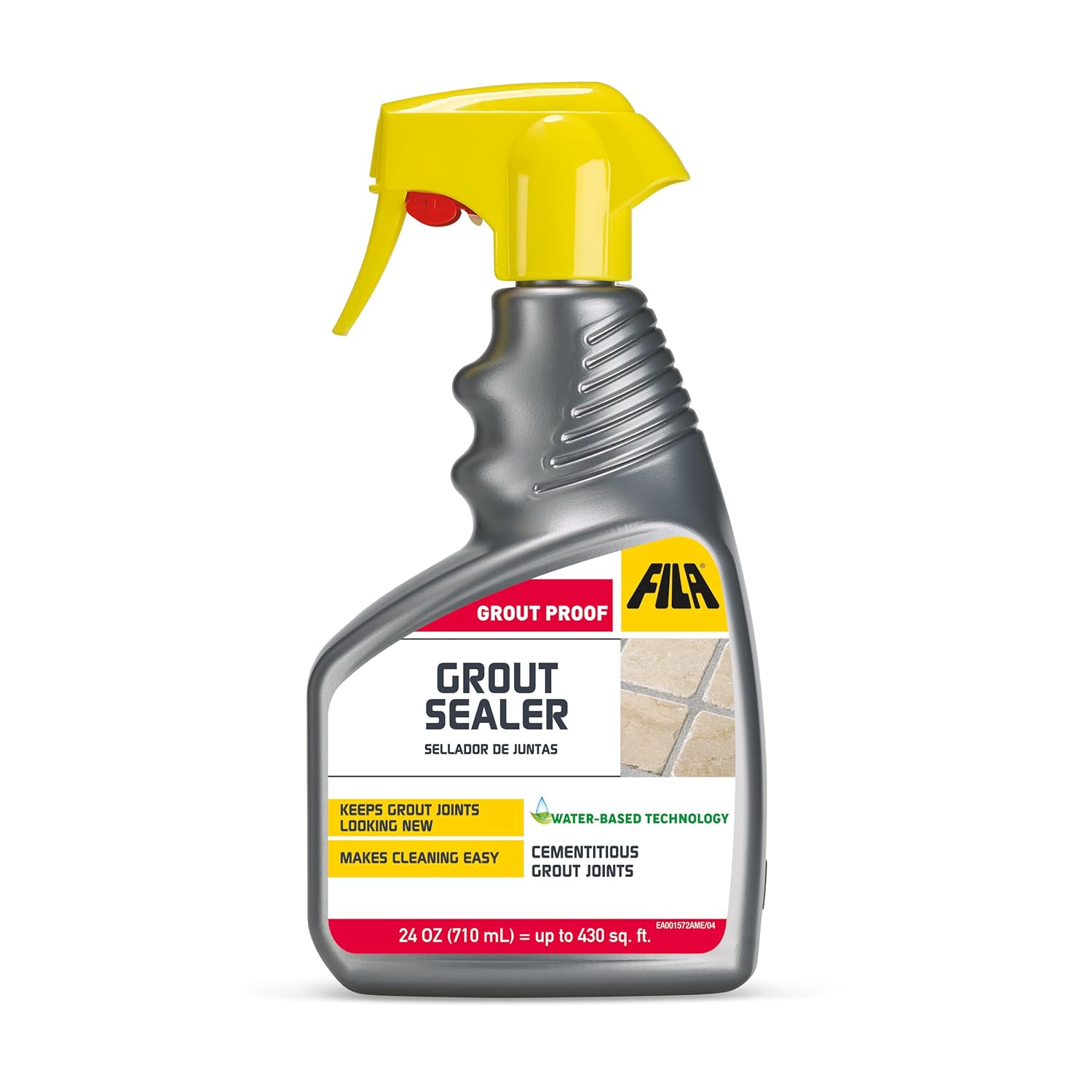







Price: $14.99
(as of Apr 12, 2025 22:41:35 UTC - Details)
What is the Best Sealant for Basement Walls? A Comprehensive Review
Introduction
When it comes to maintaining a dry, comfortable basement, choosing the right sealant for basement walls is essential. A leaky basement can lead to mold growth, structural damage, and a host of other problems that can be both costly and inconvenient. In this article, we will explore the best sealants available on the market today, providing you with practical insights to help you make an informed decision. Whether you're dealing with minor moisture issues or significant water infiltration, we've got you covered.
By the end of this guide, you’ll not only know what sealants to consider but also how to apply them effectively. So, let’s dive in!
Understanding Basement Waterproofing
What is Basement Waterproofing?
Before we discuss sealants, it’s important to understand what basement waterproofing entails. Essentially, it's the process of making sure your basement is protected from water ingress. This can involve various methods, from exterior drainage systems to interior sealants.
Why is it Important?
Waterproofing your basement is crucial for several reasons. It prevents mold growth, protects your belongings, and can even enhance the overall value of your home.
Types of Sealants for Basement Walls
1. Liquid Rubber Sealant
What is Liquid Rubber Sealant?
Liquid rubber sealant is a flexible, waterproof material that can be applied to basement walls to create a durable barrier against moisture.
Benefits of Liquid Rubber Sealant
- Flexibility: It can expand and contract with temperature changes, reducing the risk of cracking.
- Easy Application: Simply brush or roll it on, and it dries quickly.
- Environmentally Friendly: Many options are non-toxic and safe for indoor use.
2. Epoxy Sealants
What are Epoxy Sealants?
Epoxy sealants are made from resins and hardeners that create a strong, waterproof bond.
Advantages of Epoxy Sealants
- Durability: They offer a hard, long-lasting finish that resists water and chemicals.
- Stain Resistance: Epoxy sealants are often resistant to stains, making them ideal for basements.
- Low Maintenance: Once applied, they require minimal upkeep.
3. Acrylic Sealants
Understanding Acrylic Sealants
Acrylic sealants are water-based products that create a flexible seal over concrete and masonry surfaces.
Pros of Using Acrylic Sealants
- Affordable: Generally, they are less expensive compared to other options.
- Quick Drying: They dry quickly, allowing for faster project completion.
- Easy Cleanup: Since they are water-based, cleaning up is a breeze.
Choosing the Right Sealant for Your Needs
4. Consider Your Basement Conditions
What to Assess
Before selecting a sealant, it’s important to evaluate the specific conditions of your basement. Consider factors such as moisture levels, the age of the building, and whether you have visible cracks or damage.
5. Evaluate Application Requirements
How Will You Apply It?
Some sealants are easier to apply than others. If you’re a DIY enthusiast, you may prefer a product that doesn’t require specialized tools or skills.
6. Check for Mold Resistance
Why Mold Resistance Matters
If your basement has a history of mold issues, look for sealants that specifically mention mold and mildew resistance. This will help you prevent future problems.
Step-by-Step Application Process
7. Preparing Your Basement Walls
Initial Steps
Before applying any sealant, you need to prepare the surface properly. This includes cleaning the walls and repairing any cracks or holes.
8. Applying the Sealant
How to Apply
Follow the manufacturer’s instructions for application. Generally, you’ll start at the top of the wall and work your way down, ensuring even coverage.
Maintenance Tips for Sealed Basements
9. Regular Inspections
Why Inspect?
Regularly check your basement for signs of moisture or damage. This can help you catch potential problems early.
10. Reapply as Necessary
When to Reapply
Depending on the type of sealant used, you may need to reapply it every few years. Always follow the manufacturer’s guidance for best results.
Conclusion
In summary, choosing the best sealant for basement walls is crucial for maintaining a dry and healthy home environment. Whether you opt for liquid rubber, epoxy, or acrylic sealants, understanding your basement's specific conditions and requirements will guide you in making the right choice. Remember to prepare your walls properly and conduct regular inspections to ensure lasting protection.
With this information at your fingertips, you can tackle your basement waterproofing project with confidence. So, get started today and transform your basement into a safe, dry space!
Grout sealer that protects cementitious grout joints and prevents stains.
Protects cementitious grout joints from water and humidity.
Makes cleaning fast and easy.
Perfect for mosaics
Keeps grout joints looking new for years.
Can be used both indoors and outdoors.
Water based.
Why should you choose FILA? Because FILA products work. Used in the most prestigious architectural projects worldwide, FILA cleaners and sealers are recommended by more than 200 stone and tile manufacturers. Trusted professionals use FILA and rely on our technical assistance for the most effective surface care solutions.
